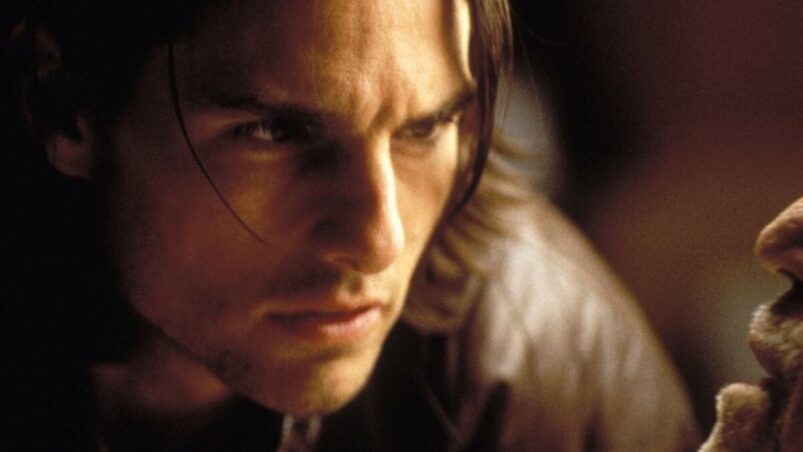The first time I ever remember thinking Kevin Smith had his own head completely up his ass about something was about the Paul Thomas Anderson epic Magnolia. I liked the movie as a weird little teenager who was just starting to seriously look for films that were different in all sorts of ways from the stuff I had mostly grown up on. Magnolia has only gotten better for me with time. What I once appreciated as a bizarre series of interconnected stories and offbeat, lonely characters having slightly off-center conversations I now see as an incredible array of ideas about love, agony, regret, death, and a lot of things that are surprisingly accessible in what feels like an extremely dense movie.
Kevin Smith has since come around, but at the time of the movie’s release on December 8th 1999, he famously despised the Oscar-buzzing film that would be the last on-screen appearance of the legendary Jason Robards. People are obviously entitled to disagree, but it bothered the aspiring movie dork in me that he could be so “wrong” about Magnolia, which plays out across several narratives and human beings on a seemingly random day in California’s San Fernando Valley.
Where he saw a “bloated sense of self-importance” in Magnolia, I saw creativity cracking from every element of the movie. The screenplay constantly seems to build its characters through dialog and how their story unfolds before them and before us. This is a long film at 3 hours, but it always seems to go by in a blur of desperate searching. Tom Cruise as Frank (which frankly should have netted Cruise an Oscar), Melora Waters as Claudia, and William H. Macy as Donnie are all searching for one or several things. That’s the surface of Magnolia, and you can go deeper into this whole massive movie if you want to.
Magnolia ultimately gets me with its various stories, and its sense of longing that to me is very apparent and almost overwhelmingly sincere. It keeps me further enraptured with a sprawling cast giving some of the best performances of their careers. These days, through his pitiable, horrifying performance, Magnolia has me missing the singular, all-time-great Phillip Baker Hall. The host of a children’s quiz show that has connections to many of these characters, Hall’s Jimmy Gator is one of the most frightening characters the actor ever played.
Jeremy Blackman as the show’s prize contestant Stanley is another emotionally effective performance that speaks to the need to scream against the helplessness of it all. When I watch Magnolia, I often wonder how Stanley is doing today. Hopefully better than Donnie, a former champion from the show who now hopes a pathetic robbery of his boss will pay for braces. He thinks they’ll make him irresistible to a male bartender he knows. I enjoy the experience of living with these people for a while, even as it makes me miss Philip Seymour Hoffman, as well.
From Julianne Moore’s trophy wife who realizes she loves her dying husband (Robards), to John C. Reilly’s lonely cop, everyone in this movie is just looking for something. It’s not pretentious so much as it’s simply presented in a stylized, unique fashion. Paul Thomas Anderson had Oscar clout from Boogie Nights, and this is what he did with it. The end result is something unlike anything he’s made since, and it’s still one of the most unique movies of its time.
Magnolia ended the extraordinary decade of movies and filmmakers on a ridiculously high note. If I’m nostalgic for anything, it’s for a time when there was a lot more room for inventiveness and bold vision in an original film such as this one.
READ NEXT: Apollo 13 (1995) | Movies To See Before You Die
Some of the coverage you find on Cultured Vultures contains affiliate links, which provide us with small commissions based on purchases made from visiting our site.

